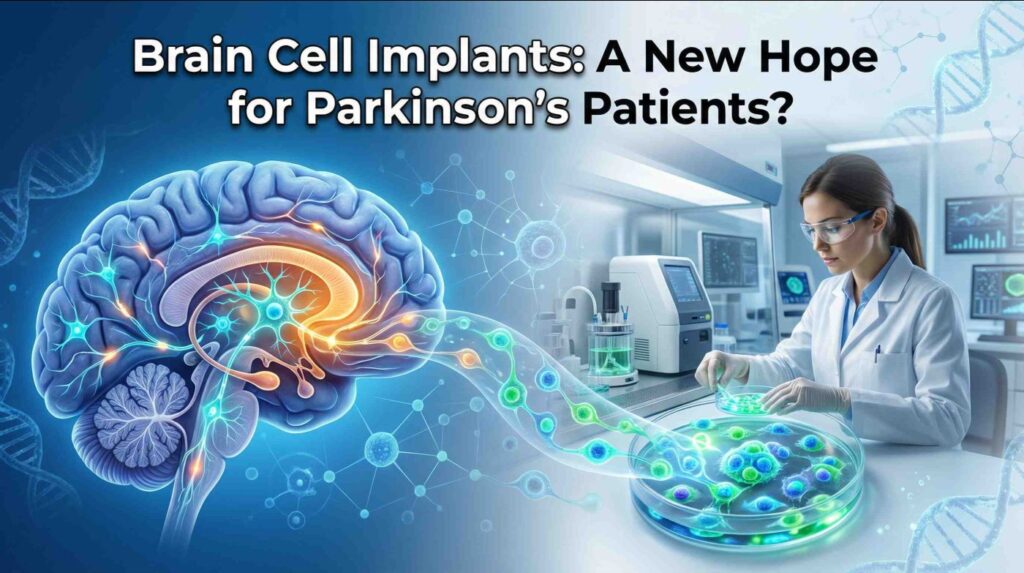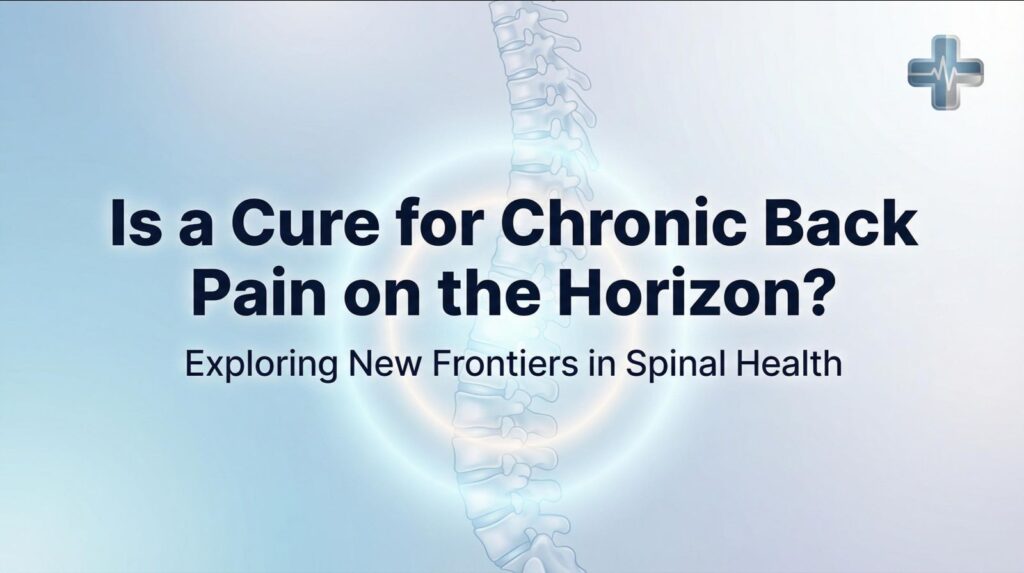How are stem cells changing our understanding of PTSD?
Post-traumatic stress disorder (PTSD) is a psychiatric disorder that may occur after experiencing a traumatic event, but only for a minority of people. Understanding why certain individuals are susceptible to PTSD has been a challenge, as scientists lacked the means to capture how the neurons of prone individuals are affected by stress. A new study by NYSCF scientists and collaborators reveals unique features of the PTSD brain by creating the first-ever stem cell model of the disorder from a cohort of 39 combat veterans and healthy controls.
Hear from experts Kristin Brennand, PhD (Yale University), Daniel Paull, PhD (The NYSCF Research Institute), and Rachel Yehuda, PhD (Icahn School of Medicine at Mount Sinai and Office of Veterans Affairs) about their latest study that created the first-ever stem cell model of PTSD, and discovers new features of the disease that could be targeted therapeutically. The discussion will open with remarks by NYSCF’s interim CEO Derrick Rossi, PhD, and will be moderated by our Vice President of Scientific Outreach, Raeka Aiyar, PhD.
What you’ll learn: – How stem cells can help us understand why some people get PTSD and others don’t – How NYSCF’s stem cell technologies are making large-scale studies of PTSD possible – What these newly discovered disease signatures mean for the future of treatments



